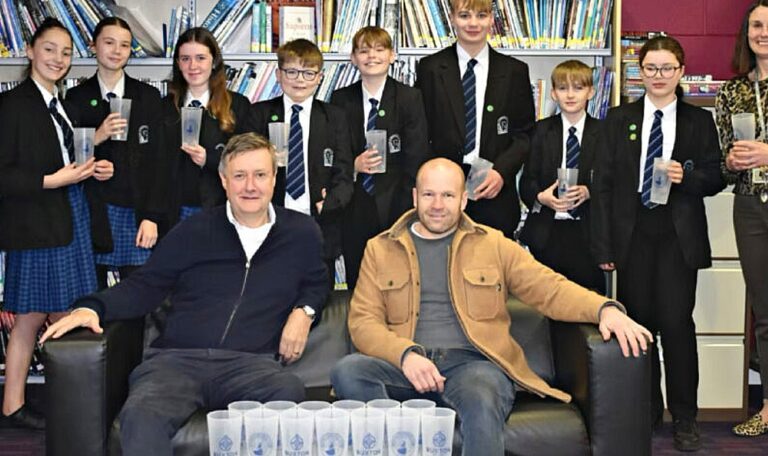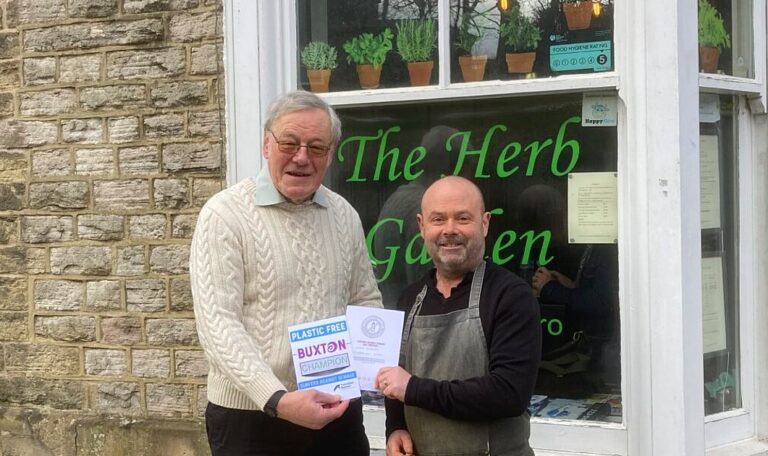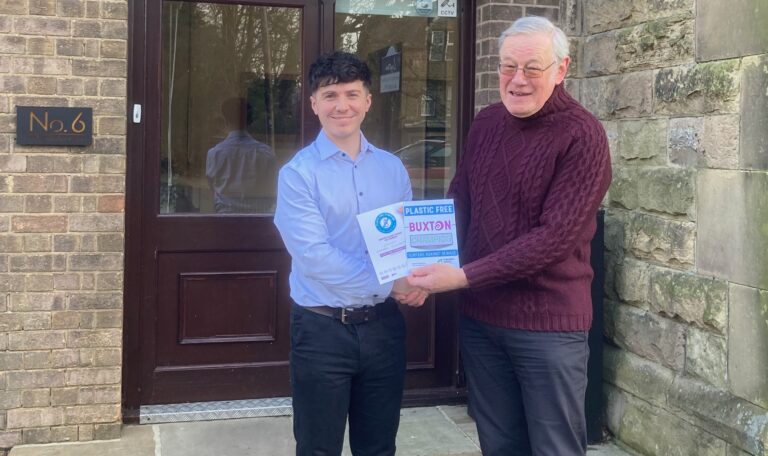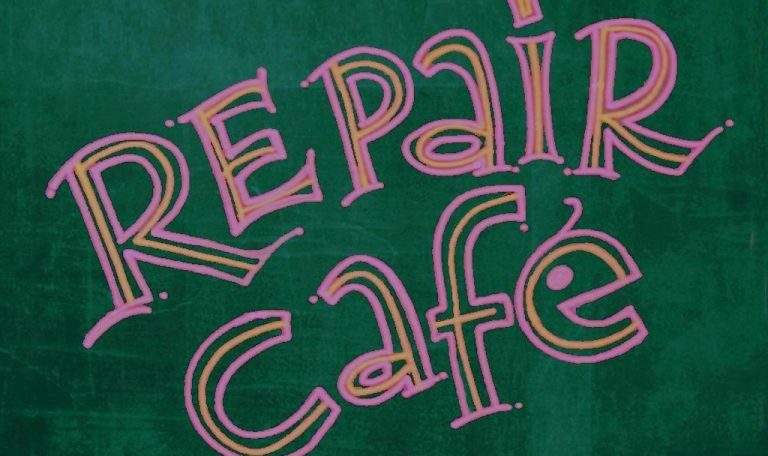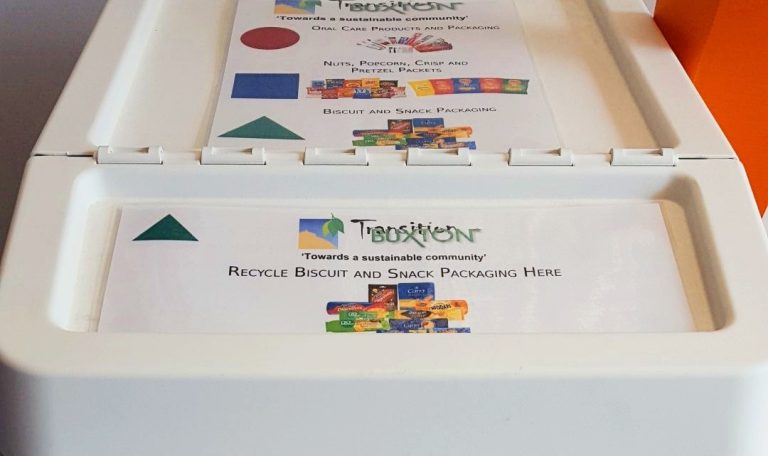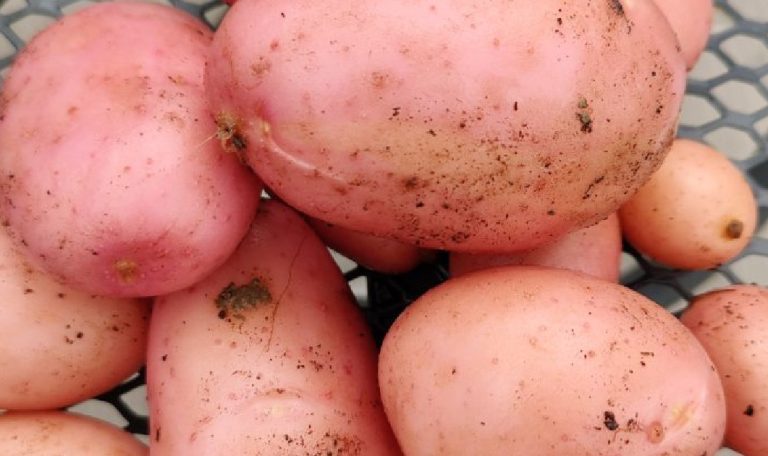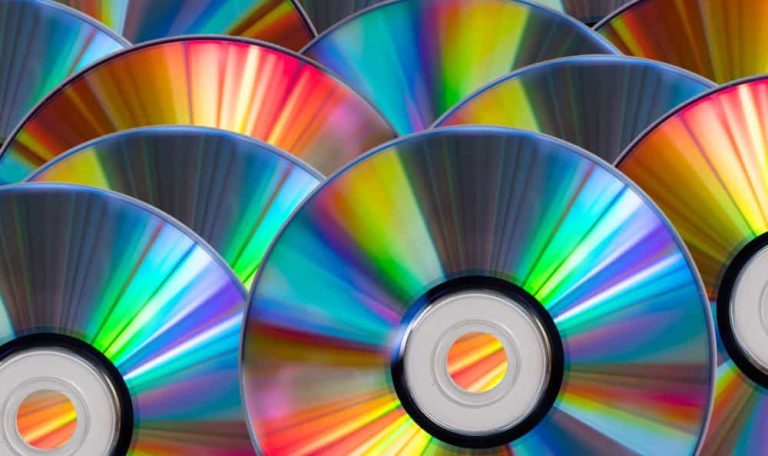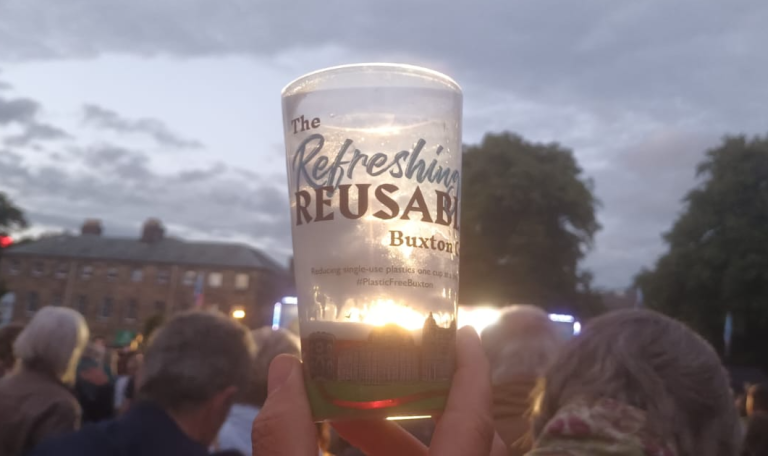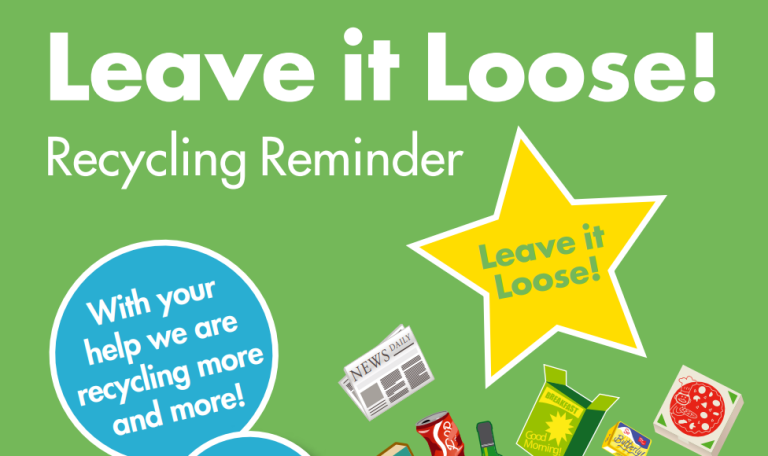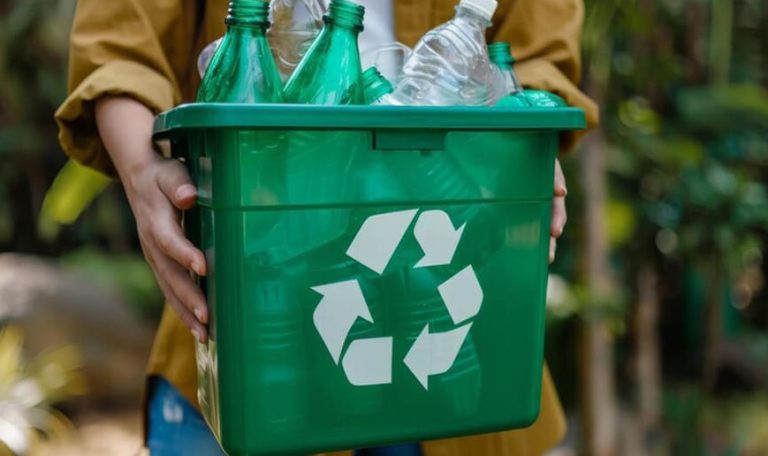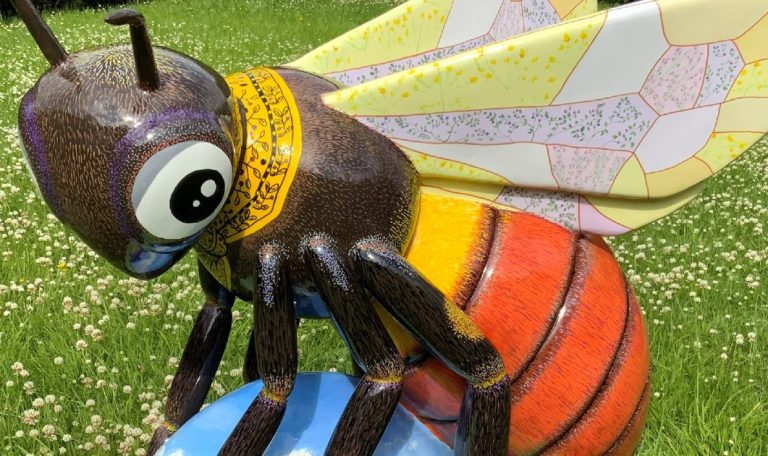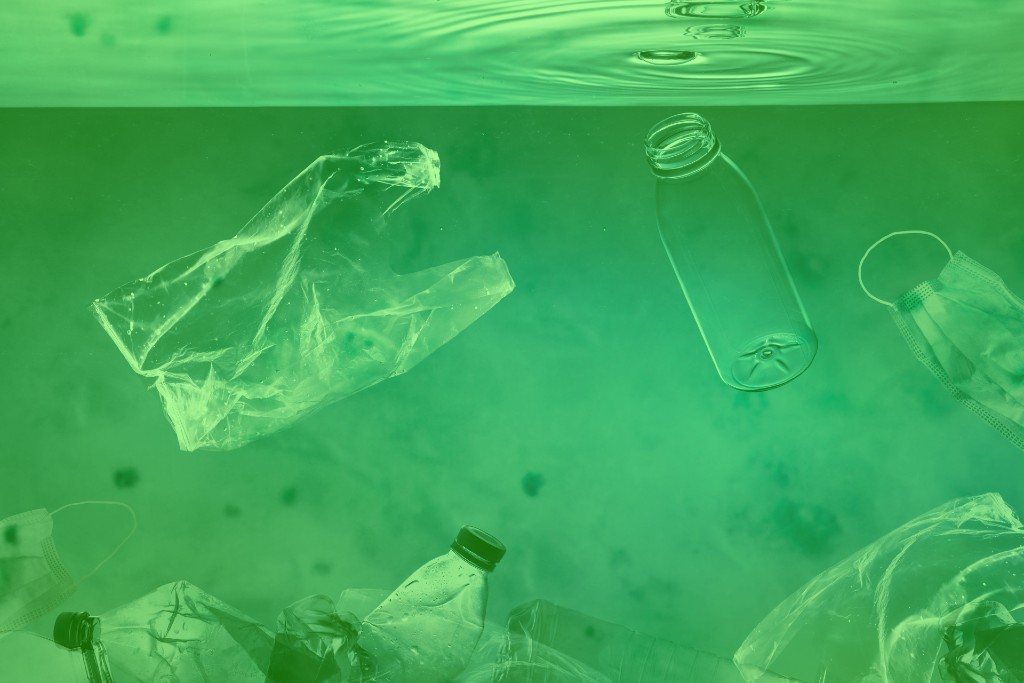
Plastic pollution is evident all around us, blighting our lanes, paths and hedgerows and inevitably ending up in waterways.
It not only pollutes but it contributes to climate change through emissions in manufacture and when it is burnt (as it is if it goes in the black “landfill” High Peak refuse bin).
What is the cause?
The root cause of plastic pollution is the systemic over-production and over-consumption of non-essential single-use, throw away and polluting plastics. Globally, we are producing nearly 300 million tonnes of plastic every year. Of that, it is estimated that up to 13 million tonnes of plastic leaks into the global marine environment annually. This has adverse implications for wildlife, the economy and human health.
The plastic pollution crisis is made worse by our ineffective recycling & waste systems, which cannot process the staggering volume of plastic entering the market every year. Of this, only 9% was recycled, 12% incinerated, and 79% has accumulated in landfills or is polluting the natural environment.(Surfers against Sewage, 2021).
I thought recycling was a good thing?
It is but we can’t just recycle our way out of the problem. At present only 2% of plastics are effectively recycled. Recycling reduces both waste and carbon emissions, compared to incineration and landfill but we must first focus on reduction, reuse and refill of products before recycling.
What about biodegradable or compostable plastics are they better?
Well no, not really, most of these plastics can only be broken down in industrial composters and won’t biodegrade for years if they end up in the ocean. Although bio-plastics produce less greenhouse gas emissions over their lifetime than normal plastics they still require a lot of land, energy and chemical process to make.
Instead of switching to bio plastics or other single use alternatives we need to start reusing and replacing.
What needs to change?
To solve the plastic pollution crisis, we need to reduce the production of non-essential single-use, throwaway and polluting plastic, and build a circular economy that ensures plastics are designed to be reused.
What more are we doing?
You can read about our various initiatives in the following related articles:
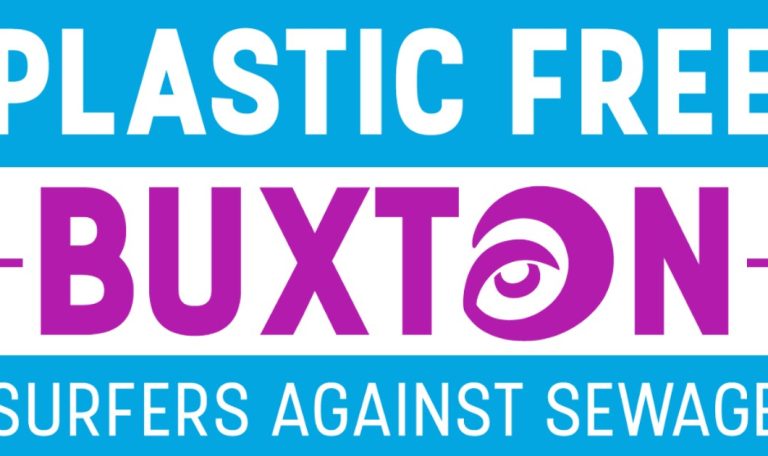
Plastic Free Buxton Champions
Local people working towards ‘Plastic Free Community’ status...
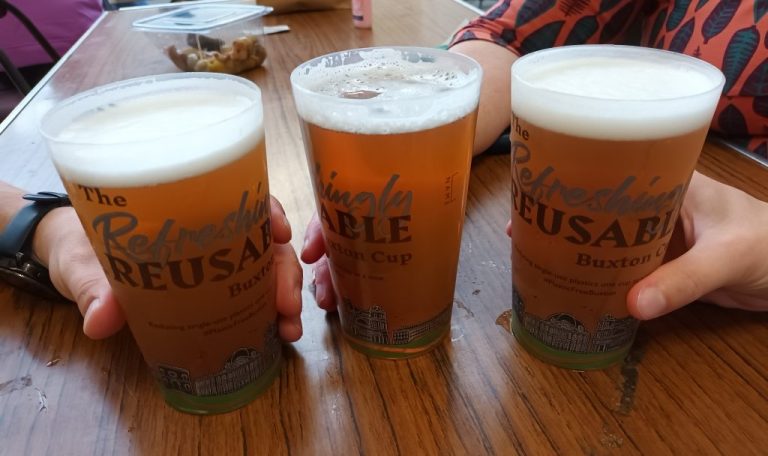
Buxton Cup
A dishwasher safe pint “glass” that can be personalised and used again and again...
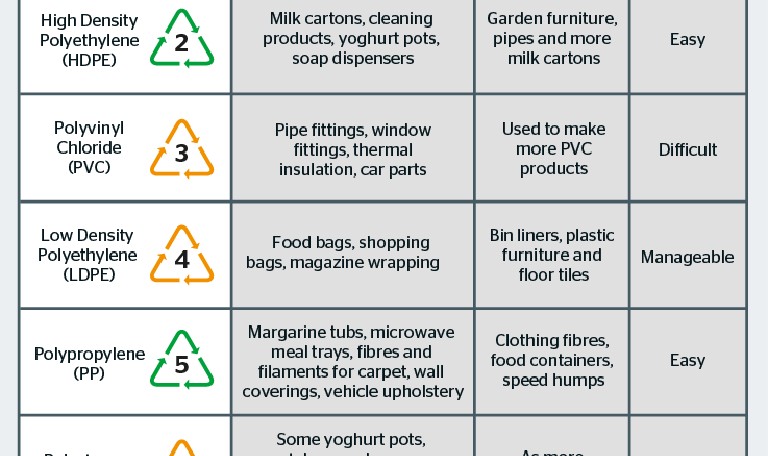
What Sort of Plastic is it?
What is recyclable and what isn't...
Plastic Free Buxton Champions
We can’t wait for legislation: instead we need:


